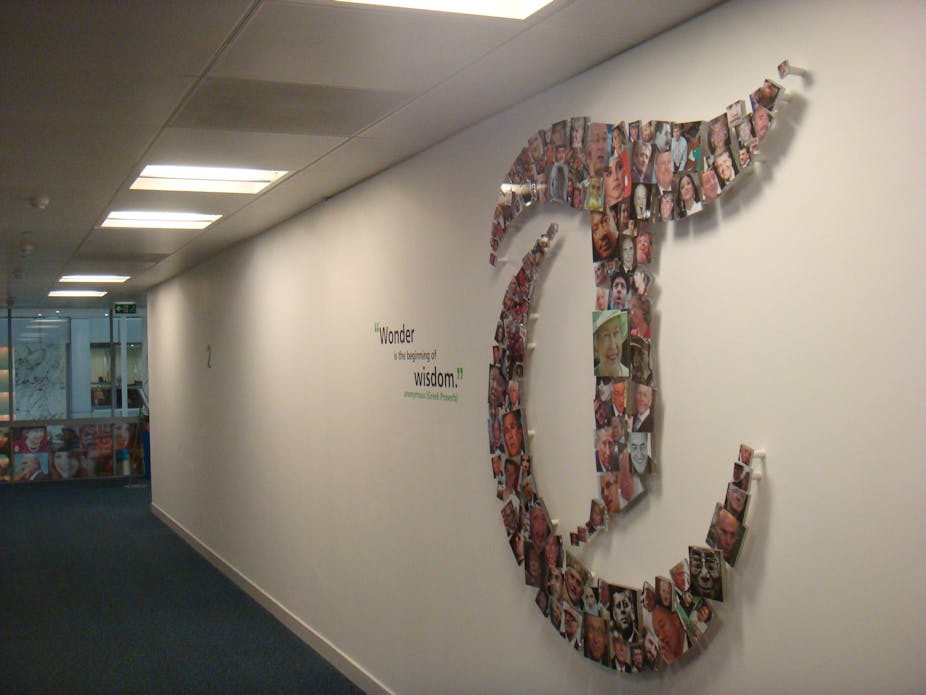The push towards online over print was confirmed in an extraordinary 24 hours, which saw three major media groups take radical action to pursue a web-first future.
In the UK, Tony Gallagher, editor of the Daily Telegraph left the paper, while Guardian Media Group sold its stake in car classifieds brand Auto Trader for a reported £500-£600m in order to secure a financial future. These changes came only days after it emerged that the Independent newspaper titles were being put up for sale by its owner Alexander Lebedev – leaving Rupert Murdoch’s Times as the only daily UK broadsheet currently unscathed.
Meanwhile in the US, former Telegraph editor and News International executive Will Lewis was named interim CEO of Dow Jones & Company as part of a review of “institutional strategy”.
Telegraph Media Group announced that Tony Gallagher, who masterminded the MPs’ expenses story as deputy editor, was leaving the group. The paper’s assistant editor (news) Chris Evans was named acting print editor of the newspaper Monday to Friday, while Sunday Telegraph editor Ian MacGregor will now also take charge of the Saturday paper.
Gallagher’s departure comes after TMG appointed Jason Seiken, a former PBS executive, as “chief content officer” and editor-in-chief to focus the group more on digital content; a statement from the group said Gallagher’s departure came at the same time as the business “moves to its next phase of its digital transformation”.
Gallagher, a former Mail executive, had been expected to head up a print division when the group was restructured but according to media commentator Roy Greenslade there had been a “personality clash” between Gallagher and Seiken.
In a statement, Seiken said, “We must reinvent the way we work and move beyond simply putting news and information online and be an essential part of the audience’s lives. Our competition is no longer only newspapers and we must innovate to survive.”
Tweets from serving Telegraph journalists expressed shock at Gallagher’s sudden departure, and the veteran newspaper man was given a traditional “banging out” of the newsroom (when staff bang their keyboards or desks as a fellow colleague leaves their job as a mark of respect).
Guardian cashes out of Autotrader
Meanwhile the Guardian revealed it had sold its 50.1% share in AutoTrader owner Trader Media Group to the private equity firmer Apax Partners. The deal, subject to regulatory approval should generate around £600-700m to fund the Guardian, Observer and guardian.com website.
Auto Trader was seen as a cash cow that had covered the Guardian’s losses over the years. According to the Independent, those close to GMG said the sale would “transform its balance sheet” and guarantee the future of the loss-making paper for the next decade. While the Guardian website has won numerous awards for innovation, and editor Alan Rusbridger has made clear he is pursuing a “web-first” policy, the Guardian and Observer newspapers made an operating loss of £31m to March 2013, although digital revenue rose.
“Once completed, this deal will make GMG a very well-capitalised media organisation with the financial flexibility to navigate the rapidly-changing media environment, where our flagship titles are proven pioneers of digital and print innovation,” Neil Berkett, the chair of the GMG board said.
And then there’s the Independent being put up for sale; founder and chairman of its publishing company Andreas Whittam Smith was authorised by owner Alexander Lebedev to seek out a buyer.
The Independent, which was bought for a nominal £1 fee by the Russian oligarch has continued to experience falls in circulation, although its populist version the i, which costs 20p and was introduced in 2010, has built a daily circulation of around 220,000.
In the US, Lex Fenwick yesterday left News Corp’s Dow Jones group after only two years in the post of chief executive and was replaced by Will Lewis as interim CEO.
In a statement on the News Corp website, Robert Thomson, chief executive of News Corp said that the company was looking towards changes “that will deliver even more value to customers”. “We will also be redoubling our efforts to develop the Wall Street Journal and its digital properties globally, which continue to serve the world’s most influential readers with the most authoritative news and analysis,” added Thomson.
Lewis instituted a digitally integrated newsroom at his time at the Telegraph and was given the job of Chief Creative Officer at News Corp to drive digital initiatives at the company.

